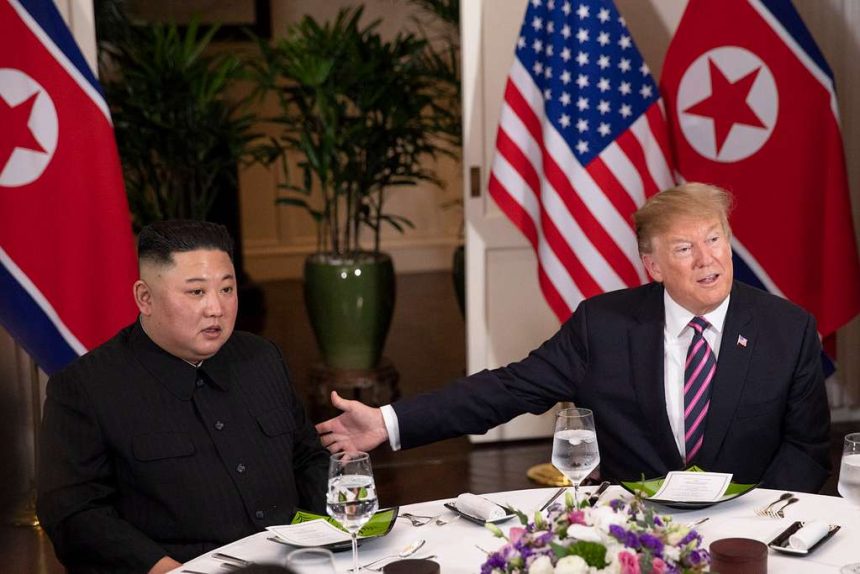Covert Operation Went Terribly Wrong
A newly unsealed account from The New York Times discloses that in early 2019, SEAL Team 6 undertook a clandestine operation in North Korea aimed at planting a covert listening device to intercept communications from the country’s leader amid sensitive nuclear talks between President Trump and Kim Jong-un. The mission quickly unraveled, tragically resulting in the deaths of unarmed North Koreans believed to be shellfish divers.
What Happened in the Dark?
The operation was carried out under extreme clandestine conditions: launched from a U.S. nuclear submarine using stealth mini-subs, a team of SEALs swam ashore under near-total communications blackout. Unexpectedly, they crossed paths with a North Korean fishing boat and, believing their cover was blown, opened fire—killing all on board. No weapons or uniforms were found.
In a grim cover-up attempt, investigators report that the SEALs submerged the bodies after piercing their lungs to ensure they sank.
Authorization, Oversight, and Fallout
Sources indicate that then-President Trump personally approved the operation. A classified Pentagon review later concluded the killings adhered to the rules of engagement, but the mission was not disclosed to key congressional intelligence committees—a move that raises serious concerns about legal accountability and oversight.
President Trump Denies Knowledge
When pressed about the revelation, Trump responded, “I don’t know anything about it. I’m hearing it now for the first time.” Both the White House and the Pentagon have declined to comment further.
Why It Matters
This revelation is deeply troubling on multiple fronts:
- Secrecy and Oversight: Conducting lethal covert operations without briefing Congress erodes the balance of democratic oversight.
- Ethical and Humanitarian Concerns: The deliberate concealment of civilian deaths raises horrors of cover-up and questionable military conduct.
- Geopolitical Risk: The mission’s failure may have undermined diplomatic trust and escalated tensions between the U.S. and North Korea.











